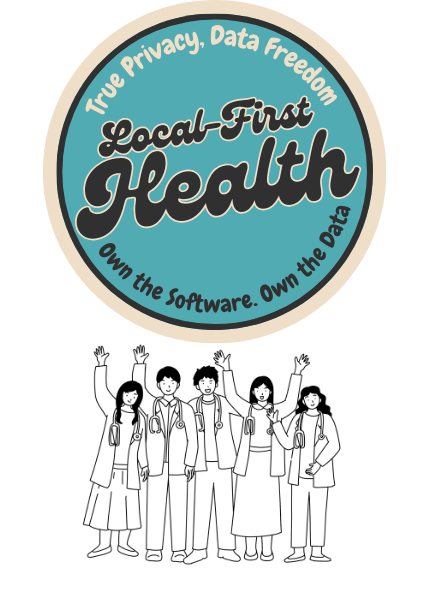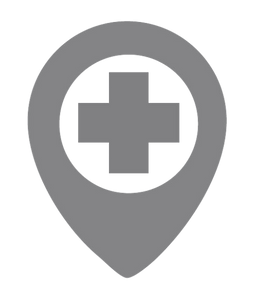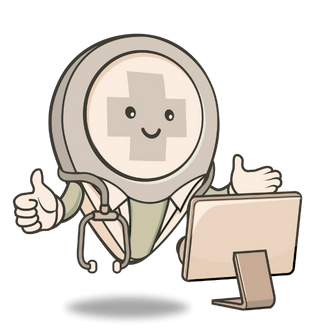 Build 'Local-First' Health Apps
Build 'Local-First' Health Apps
|
Our health systems are broken.
Health records should belong to healthcare providers and patients—not be controlled by third parties. It’s time to take back control of our medical records and build healthcare systems that prioritize privacy, security, collaboration, and data ownership. Let’s reclaim healthcare with Local First Health—where data freedom and true privacy are in our hands.
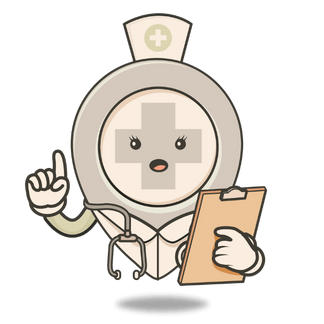
WARNING:
Our Health Data is in Jeopardy
The current cloud-based setup leaves our medical records exposed to breaches and exploitation. Ransomware attacks and data breaches are constantly in the news. Perhaps it's time to rethink how we manage sensitive health information?
Your Medical Data Is Code Blue
Medical data companies aren't doing all they can to protect your most private information. When they get hacked and patient data is stolen, it's the patients who suffer.
The unprecedented health-care hack that may affect you
In February, a massive cyberattack nearly brought down the entire U.S. health system. Doctors are still reeling, and many patients don't even know their data has been exposed.
NHS data breach: trusts shared patient details with Facebook without consent
NHS trusts are sharing intimate details about patients' medical conditions, appointments and treatments with Facebook without consent despite promising never to do so.
Cyberattack Paralyzes the Largest U.S. Health Care Payment System
The hacking shut down the nation's biggest health care payment system, causing financial chaos that affected a broad spectrum ranging from large hospitals to single-doctor practices.
Mental Health and Addiction Treatment Provider Exposed Patient Information
Cybersecurity Researcher discovered a non-password-protected database that contained thousands of records belonging to an AI platform offering mental health and addiction treatment.
Medical-Targeted Ransomware Is Breaking Records After $22M Payout
Cybersecurity firm Recorded Future counted 44 health-care-related incidents in the month after Change Healthcare's payment came to light—the most it's ever seen in a single month.
Excerpt: Reed Jobs & Dean Lloyd Minor Interview
Reed Jobs, the former Managing Director of Health at Emerson Collective, eloquently highlighted the concerns regarding medical records during his interview with Dean Lloyd Minor of Stanford Medical School (March 2022).
“I think one of the most important things we can learn is that we need to really respect people's privacy and we need to give them the power to determine who has access to their data and what that's used for .. and so it's interesting when you look at healthcare, clinical records, and most data that flows through hospital systems, it is absurdly balkanized and the user interface is atrocious, and it's kind of this surreal experience honestly because we live in a wonderfully high-tech world and particularly here in Silicon Valley, yet when you go to a hospital, even a great hospital like Stanford, it's like you're stepping back in a time machine 30 years and you know the software there is nothing against everybody, the software's not very, not very good, the user interface isn't very good, and it's this, you know, departments can't talk to each other, and you can't transfer data , and people give you floppy disks with things on it, and it's like this anachronistic little, you know, little time machine, it's crazy.
So I think one of the most interesting things that's going to happen in healthcare in the next kind of 20 years is seeing it really catch up with the rest of the world from a technological point of view just both from a data infrastructure interoperability and UI aspect, and I really hope, and luckily, this is a lot of this is already codified in legislature like HIPAA and stuff, but people's privacy and control over that data is gonna need to be paramount as it, you know, it currently is now, but it really needs to be a lot more electronic and it needs to be a lot more interoperable, again, this is something that's probably, you know, a nationwide, you know, level, whether that's through legislation or through some really innovative companies in the space of which I think there's space for many, but yeah, we need to, we need to really shape up the, the, the infrastructure systems that we have in place because, not only are they really not helping patient care, but it's, it's really bad for the hospital systems themselves too and the physicians..”
- Reed Jobs
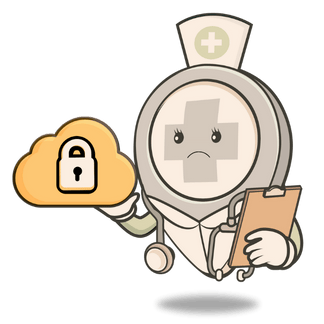
The Cloud Problem
Today’s healthcare systems rely heavily on cloud-based setups, and while they offer convenience, they come with significant risks:
 Data Breaches: Centralized data storage has made cloud systems prime targets for cyberattacks, putting millions of health records at risk.
Data Breaches: Centralized data storage has made cloud systems prime targets for cyberattacks, putting millions of health records at risk.  Ransomware: Hospitals and clinics have been crippled by ransomware attacks, locking them out of vital patient information until hefty ransoms are paid.
Ransomware: Hospitals and clinics have been crippled by ransomware attacks, locking them out of vital patient information until hefty ransoms are paid. Privacy Concerns: Sensitive health data is often processed and stored by third-party providers, raising serious privacy issues and regulatory concerns.
 Downtime & Access Issues: Internet outages or service disruptions can render cloud-dependent systems inaccessible, potentially delaying patient care.
Downtime & Access Issues: Internet outages or service disruptions can render cloud-dependent systems inaccessible, potentially delaying patient care. Lack of Ownership: Healthcare providers and patients have limited control over their data, with cloud services holding ultimate authority over where and how information is stored.

Taking Control:
The 'Local-First' Approach
It’s time for a shift in how we handle health data. Local-first software offers a groundbreaking approach to the vulnerabilities of cloud-based systems. By keeping sensitive information on your device, local-first ensures privacy, security, and control, while still allowing seamless collaboration and syncing when needed.
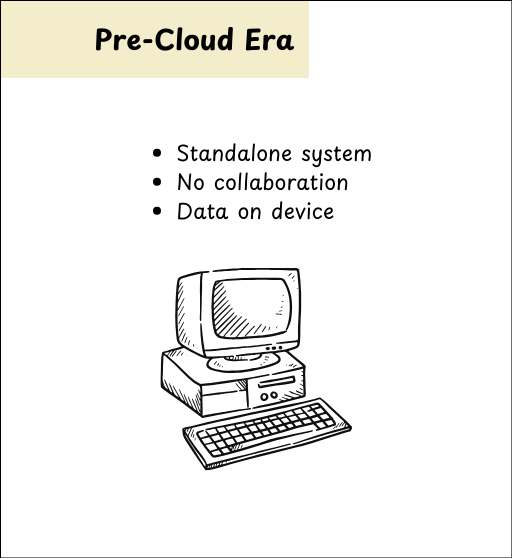

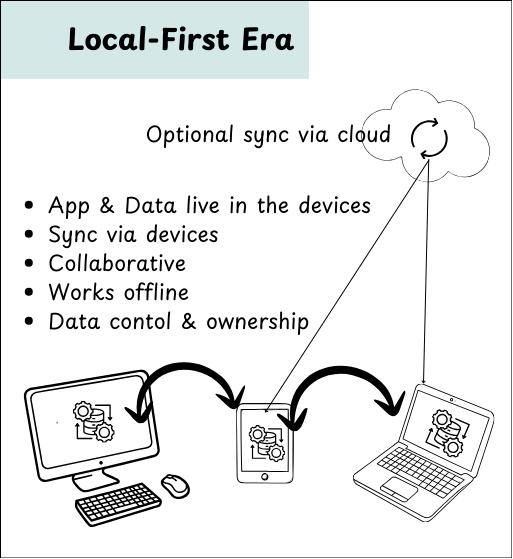
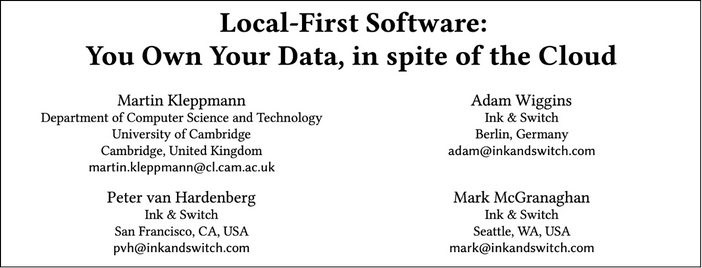
The concept was introduced in a 2019 whitepaper by Ink & Switch titled "Local-first software: You own your data, in spite of the cloud." , a pivotal document outlining seven key principles.
- 1. No Spinners: Your work is always at your fingertips, fast and responsive.
- 2. The Network is Optional: Work offline, sync when you’re back online.
- 3. Seamless Collaboration: Work with colleagues without data conflicts.
- 4. Your Work is Not Trapped on One Device: Your data isn’t tied to one device; it syncs across all of them.
- 5. The Long Now: Your data lasts as long as you need it, independent of cloud services.
- 6. Security & Privacy by Default: Your data is protected from breaches and exploitation.
- 7. You Retain Ultimate Ownership & Control: You own and control your data at all times.

Even Wired Magazine featured an article on Local-First
(August 2023).
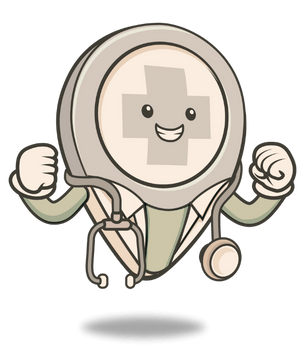
Introducing: Local First Health
Local First Health (LFH) is a tech initiative that leverages local-first principles to solve inefficiencies and security risks in health records management. Introducing Project Papaya—an open-source SDK that empowers developers to easily create custom, local-first health apps, boosting accessibility, speed, security, and data ownership.
Get early access on GitHub
import { createId, createKeyPair } from '@localfirsthealth/papaya/encryption';
import { Application } from '@localfirsthealth/papaya/application';
import { Identities } from '@localfirsthealth/papaya/identities';
import { MedicalRecords } from '@localfirsthealth/papaya/emr';
// ensure a unique instance id for the app
const instanceId = createId();
// ensure a key-pair for signing
const signinKeys = createKeyPair();
// create the main app
const app = new Application({ instanceId, signinKeys })
app.use(new Identities())
app.use(new MedicalRecords())
// signup/signin user
const identity = await app.identities.identities.create({
attributes: {
email: 'sample@example.com',
name: {
firstName: 'Sample',
lastName: 'User',
},
},
credentials: [{
strategy: 'local',
identity: 'sample@example.com',
password: 'strongpassword',
}],
});
await app.identities.authenticate({
credential: {
strategy: 'local',
email: 'sample@example.com',
password: 'strongpassword',
},
});
// create a medical record
const record = await app.emr.records.create({
type: 'prescription',
patient: identity.id,
medications: [{
name: 'Aspirin',
dosage: '1 pill',
frequency: 'daily',
}],
});
Start building health apps that can do the following:
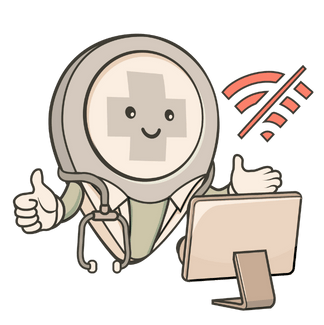
Works Offline
Works anywhere even without an internet.
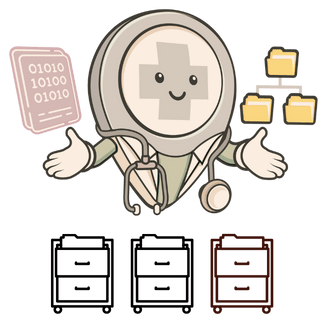
Own Your Data
Data stays with you, always accessible.
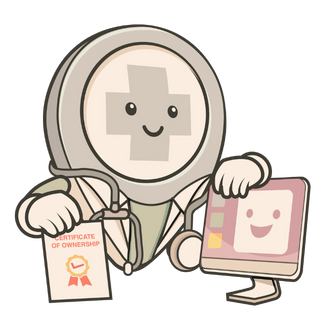
Own the Software
Full control & management.
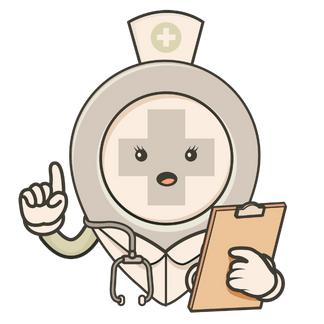
Compliant
Industry security standards + HIPAA.
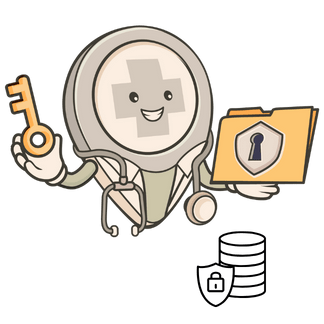
True Privacy
No third-party access or unnecessary sharing.
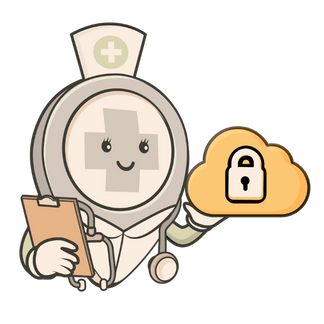
Secure
Encryption + extra security features

Fast
Free from server lag or internet slowdowns.

Collaborate
Allows seamless, secure collaboration.
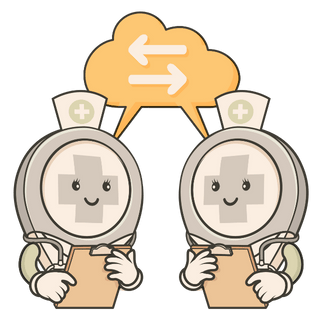
Synchronize
Syncs your data across all your devices.
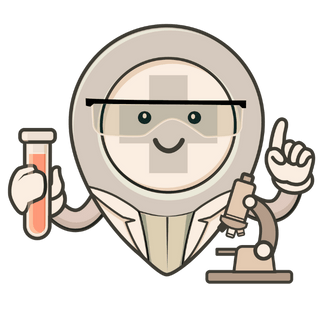
Decentralized
No single point of failure—your data within reach.

Open
Open-source, for custom and transparency.

Freedom
Use software your way, no vendor lock-in.
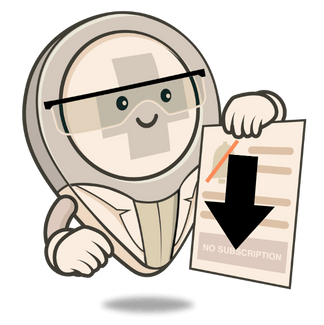
Below are health apps being built using the LFH platform.
The First & Only 'Local-First' Health Management Suite
A new era of health records management.
|
Own, manage, and protect your health records with ease right on your own computer—no subscription required.
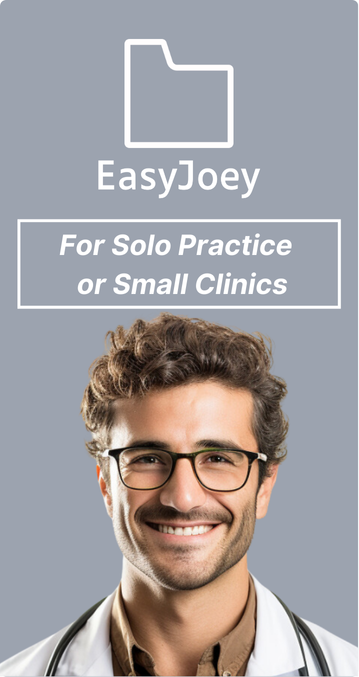

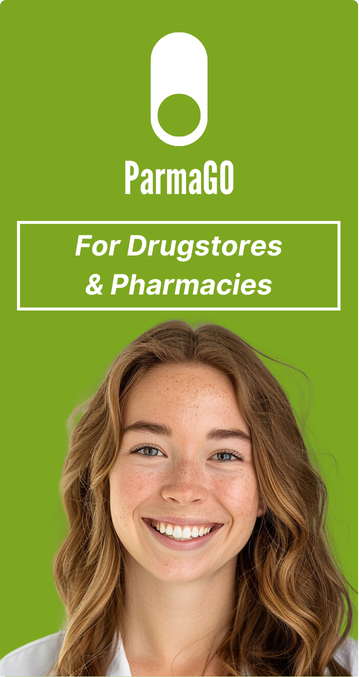
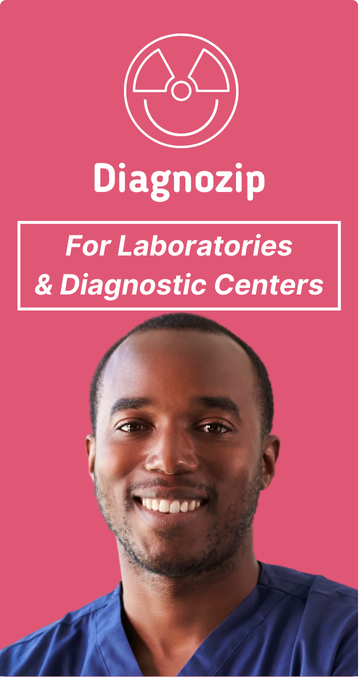

True Privacy and Data Freedom
With Local First Health (LFH), true privacy means your health data stays on your device, under your control—no third-party servers, no unnecessary risks. You have full data freedom, working offline, accessing records anytime, and deciding when and how to share information. It's privacy and freedom the way it should be: secure, accessible, and entirely yours.
Our Story
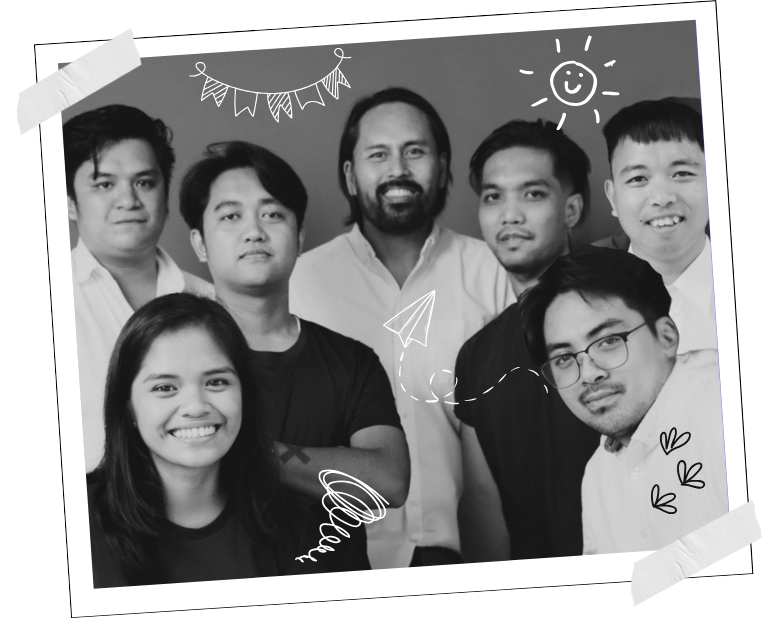
Our team has been developing health record systems since 2016. Even before the local-first concept was introduced in 2019, we were building offline functionality with our own ‘Syncbase’ technology, integrated into our health app, "MYCURE." Over the past 8+ years, we've encountered the challenges in this sector and experienced firsthand the limitations of a cloud-based setup.
Before relocating to San Francisco, I traveled extensively across the Philippines, Indonesia, Ethiopia, Kenya, South Africa, India, Sri Lanka, and other countries to observe the difficulties faced by doctors, small clinics, and communtiy drugstores, particularly in developing regions. Many still rely on paper-based or outdated systems, highlighting a stark reality: health equity remains a significant global issue.
Health equity, a top priority for organizations like the World Health Organization (WHO), is about ensuring fair and just access to healthcare for all individuals, regardless of socio-economic status, ethnicity, gender, or geographic location. A critical aspect of this is the ability to access and manage medical records. Yet, in many low- and middle-income countries and marginalized communities, disparities in health outcomes persist due to limited or outdated systems that hinder access to vital health information.
We believe that 'Local-First Health' is the solution to these persistent issues. By putting data ownership and management back into the hands of healthcare providers and patients, LFH aims to bridge the gap in healthcare accessibility, empowering underserved communities with secure, offline-capable solutions.
It’s time to finally solve the holy grail of healthcare data and contribute to a world where health equity is more than just an aspiration—it’s a reality.
The future is now—and it’s local.
Dale David
Founder
Local-First Health
San Francisco, CA
localfirsthealth@gmail.com
PS - I participated in the first Local-First Conference, recently held in Berlin, Germany (May 2024). This movement is indeed growing. Re-live the energy of the conference in a 96-second video.
